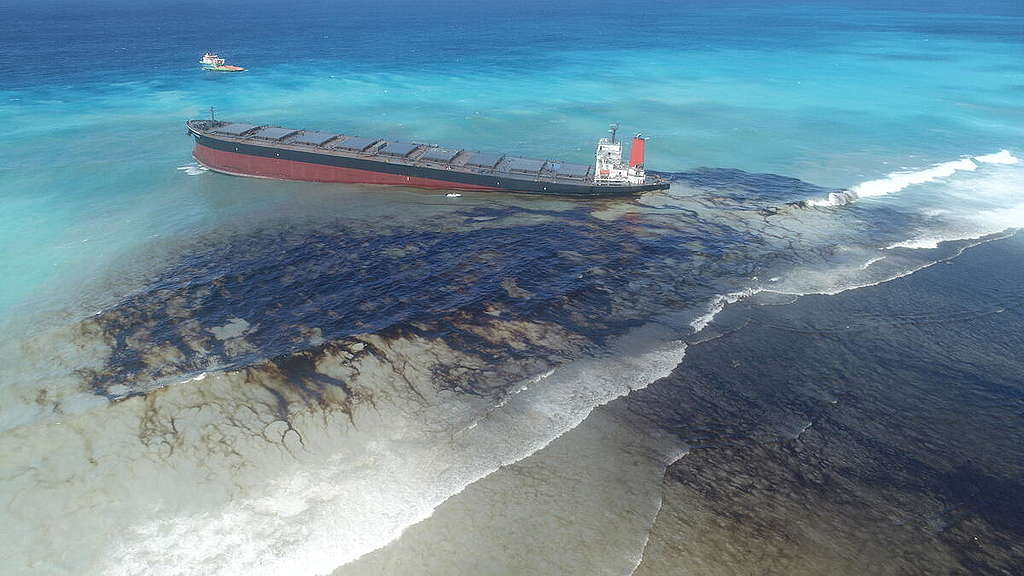Mauritius is famous for its soft, white sandy beaches and gorgeous blue lagoons. However, the island nation is facing climate change, and here’s what’s happening.

Seashells and their depletion in Mauritius
Stretches of beach, after taking hits from climate change are grieving. The once common but humungous collection of seashells found on the beaches is now just a story from the past. Anesh Mugur, a 14-year-old climate change activist’s comments are only strengthing the fact. “I think it’s really sad that the shells are disappearing. I feel that the island is really suffering from the consequences of climate change and more needs to be done to protect the island before it’s too late,” said Anesh Mungur.
Seashells are vital and, not just for Mauritian culture. Thousands of years ago, cowries were a form of currency in selected parts of Africa. In Mauritius, Monetaia annulus or the golden ring cowrie is used as a gift of luck or love. Back then, cowrie was very common on the island. “I don’t think many people know about the importance of seashells and how much they are being affected,” he added. The boy is a part of the Fridays For Future movement in the nation and is stressing about important changes need to stop an impending disaster.
What is forcing this loss?

Climate change has a knock-on effect and is also devastating for the ecosystem and coral reefs around the island. “When you don’t have molluscs, you don’t have the predator and then you have other organisms which start to proliferate and it causes an imbalance of the ecosystem in the tropical island and around the world,” said Kauppaymuthoo. Additionally, pollution from the recent oil spill is worsening the disaster. Around 1,000 tonnes of fuel oil from MV Wakashio leaked into the ocean recently.
Who is to blame?

The human need for development is one of the major forces behind the repeated occurrences of climate change. However, Mr. Kauppaymuthoo also blames beachcombers or shell collectors for the decline. According to him, the decrease of seashells is also because they are harvested along with the animal inside them. To make amends, the government is trying to stop people from picking up shells.
Two laws over the last 15 years are stopping people from picking and harvesting them Currently, only ten seashells can be legally sold and picked. Additionally, while picking is in control, exporting seashells is illegal. “Don’t pick them up from the beaches. Look at the shells, take photos of them – that way you can have fond memories and also know that you are saving them too,” he added.






